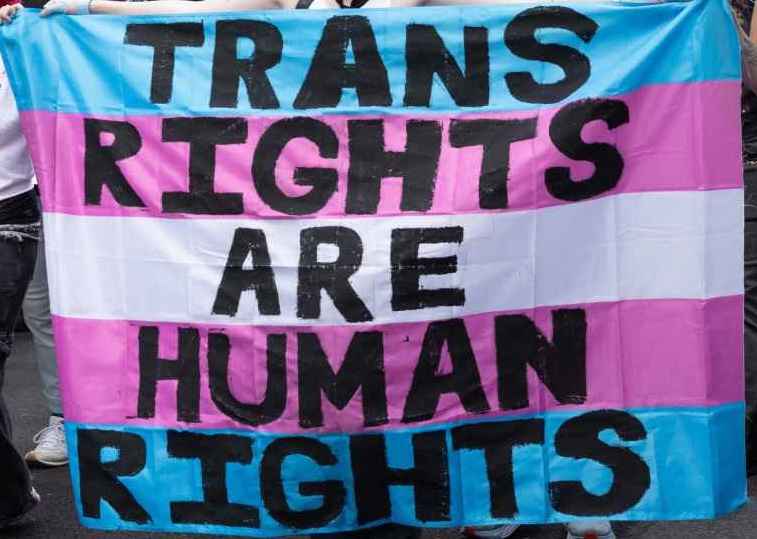This week at the ACLU of Maine: We're demanding more information about ICE operations in Maine, gearing up to fight bans against trans student athletes, and preparing to push back against more abuses of power by the Trump administration.
We're Demanding More Information About ICE Operations in Maine
On Thursday, we filed public record requests to uncover how local law enforcement in Maine is supporting the president's "mass deportation" efforts. To carry out Trump's deportation agenda, Immigration and Customs Enforcement (ICE) and Customs and Border Control (CBP) have been using state and local law enforcement resources to arrest and detain people they suspect do not have proper immigration documentation. We're asking Maine officials for information about our law enforcement's relationships with ICE and CBP, and how our resources and facilities are being used for federal immigration enforcement.
We've already learned that there has been increased ICE detention in Maine: Two Bridges Regional Jail (TBRJ) in Wiscasset has begun detaining up to 25 people for ICE, and Cumberland County Jail (CCJ) in Portland was holding 80 people for ICE as of April 16 – up from single digit numbers last fall. Now, we're sending Freedom of Information Act (FOIA) and Freedom of Access Act (FOAA) requests to state and federal agencies asking for more information about Maine's cooperation with ICE.
Maine's people deserve to know how state resources – the people's resources – are being used to support the Trump administration's opaque and unconstitutional agenda. Read more about what we know so far, and what we're demanding.
Learn More
Pushing Back Against Bills to Ban Trans Girls From School Sports
Lawmakers in Augusta are considering bills that would ban trans girls from playing school sports. A public hearing is likely in the next two weeks. The proposed bans directly contradict the principles outlined in the Maine Human Rights Act and the values that define our state, despite false claims that they promote fairness and safety.
The Maine Human Rights Act was first adopted in 1971. It was expanded in 2005 to include gender identity under the definition of sexual orientation, ensuring all students can participate fully in school life – including school sports – without fear of discrimination. A referendum to repeal this expansion in 2005 was defeated by 20 points. This reflects Maine's strong commitment to providing safe, inclusive environments for all children.
We encourage you to talk to your friends, family, community, and legislators about how these bills threaten the safety, privacy, and bodily autonomy of all. We cannot afford to open the door to invasive scrutiny of children's bodies and attacks on our right to live authentically and control our own bodies. As the bills move through the legislature, we'll keep you updated on how you can take action, including the opportunity to send a message to your lawmakers, asking them to vote against these bills.
Monitoring Trump's Use of Domestic Military Force
The day President Trump took office, he signed an executive order declaring a national emergency at the southern border. He set an April 20th deadline for the Departments of Defense and Homeland Security to recommend whether to use the Insurrection Act to bring the National Guard under federal control to address his false claim that the U.S. is being "invaded."
With that April 20th deadline fast approaching, the ACLU is monitoring for signs that Trump might invoke the Insurrection Act and preparing for what that would mean. Already, Trump is participating in the theater of war -- handing over public lands along the border to military forces, wrongly invoking wartime authorities such as the Alien Enemies Act, and threatening drone strikes against drug cartels in Mexico. None of this makes us safer.
The ACLU is calling on members of Congress to insist on oversight for these expanded actions — in particular, any changes to rules governing use of force — and to call for safeguards and transparency to protect border residents from escalating military control over their daily lives.
Read More
Relevant Reads
- Maine Public: ACLU says immigration enforcement is up in Maine, but details are murky
- Maine Morning Star: Community members request Wells Police terminate contract with ICE
- Portland Press Herald: From Augusta: Fulfilling Mainers’ Sixth Amendment right and protecting public safety








